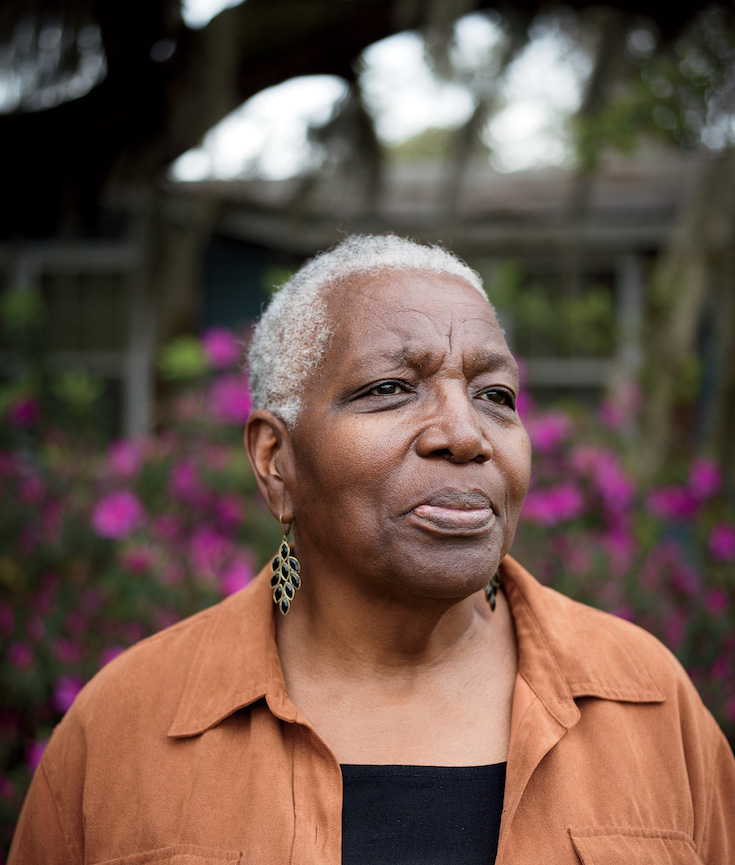[dropcap]On[/dropcap] the coastal edge of Georgia sits a small, dwindling community known as the Gullah Geechee. The people in the community are direct descendants of enslaved West Africans who settled on the barrier islands there. The Gullah Geechee’s unofficial historian and vocal advocate for the preservation of the community, Cornelia Walker Bailey, has died. She was 72. [mc4wp_form id=”6042″]
Bailey died on Oct. 15 in Brunswick, Ga. She was considered the Geechee “griot,” a West African term for oral historian or storyteller, and fought to keep alive the community’s history and way of life, especially its food culture. She believed the cultivation and sale of an heirloom legume would ultimately help save the Geechee, who had been facing especially hard financial times in the last few years.
Bailey belongs to the last generation of Geechee who were born, raised, and schooled on Sapelo Island. She published a memoir about growing up Geechee called God, Dr. Buzzard, and the Bolito Man, as well as a cookbook, and started a guest lodge on the island. In 2004, Bailey won a Governor’s Award in Humanities for her preservation work.
 David Goldman/Associated Press | Photo Credit
David Goldman/Associated Press | Photo Credit
NATIONAL MUSEUM OF AFRICAN AMERICAN HISTORY & CULTURE | WASHINGTON, DC
The National Museum of African American History and Culture is the only national museum devoted exclusively to the documentation of African American life, history, and culture. It was established by Act of Congress in 2003, following decades of efforts to promote and highlight the contributions of African Americans. To date, the Museum has collected more than 36,000 artifacts and nearly 100,000 individuals have become charter members. The Museum opened to the public on September 24, 2016, as the 19th and newest museum of the Smithsonian Institution. (Website).



You must be logged in to post a comment.